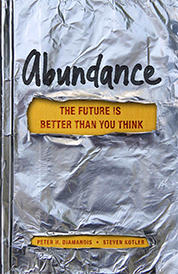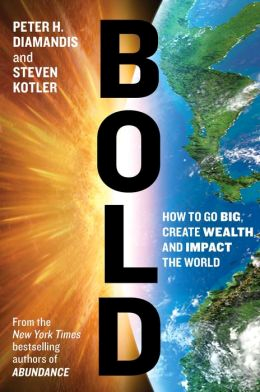Dr. Peter H. Diamandis is an international pioneer in the fields of innovation, incentive competitions and commercial space.
In the field of Innovation, Diamandis is Chairman and CEO of the X PRIZE Foundation, best known for its $10 million Ansari X PRIZE for private spaceflight. Today the X PRIZE leads the world in designing and operating large-scale global competitions to solve market failures.
As an entrepreneur, Diamandis has started over 20 companies in the areas of longevity, space, venture capital and education. He is Co-founder and Vice-Chairman of Celularity, Inc., a cellular therapeutics company, and of Vaxxinity, Inc. which develops vaccines to harness the immune system against COVID and chronic diseases. Diamandis is Co-founder & Chairman of Fountain Life, a fully-integrated platform delivering predictive, preventative, personalized and data-driven health. Finally, he also serves as Co-founder of BOLD Capital Partners, a venture fund with $250M investing in exponential technologies.
Diamandis is a New York Times Bestselling author of four books: Abundance – The Future Is Better Than You Think, BOLD – How to go Big, Create Wealth & Impact the World and The Future is Faster Than You Think. Most recently he co-Authored the #1 best seller LIFE FORCE with Tony Robbins which chronicles the extraordinary healthcare and biotech revolution unfolding before our eyes.
He earned an undergraduate degree in Molecular Genetics and a graduate degree in Aerospace Engineering from the Massachusetts Institute of Technology, and received his M.D. from Harvard Medical School.
In his newest book, Bold: How to Go Big, Create Wealth and Impact the World, he offers a radical, how-to guide for organizations using exponential technologies, moonshot thinking, and crowd-powered tools to create wealth while also positively impacting the lives of billions.
Diamandis’ mission is to open the space frontier for humanity. His personal motto is: “The best way to predict the future is to create it yourself.”







